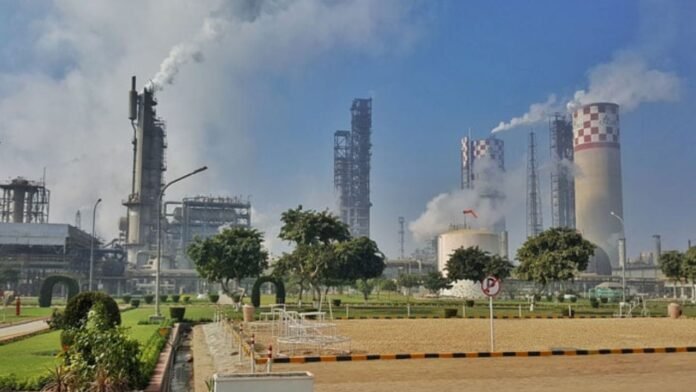The Ministry of Industry has firmly refuted recent reports suggesting the termination of gas subsidies for fertilizer companies, emphasizing that the determination of gas prices for these entities will remain within the purview of the Economic Coordination Committee.
Amid speculation, many widely circulated the news that the federal government had approved the cessation of Gas Subsidies for Fertilizer factories. These reports gained momentum as sources hinted at a unanimous decision by the federal cabinet to withdraw the subsidy extended to these factories entirely.
Currently, fertilizer factories enjoy a subsidy of Rs. 217 per MMBTU, alongside access to gas supply at a rate of Rs. 1597 per MMBTU, as per the existing arrangement. However, the government’s stance is adamant: subsidizing fertilizer factories does not effectively benefit farmers.
The ongoing discourse highlights a delicate balance between economic policies and agricultural support mechanisms. While policymakers often tout subsidies as essential tools to bolster industries, experts debate their effectiveness in directly uplifting farmers, who constitute the backbone of the farm sector.
The core of this problem is the necessity of a complete comprehension of the complex. Relationships between industrial incentives and agricultural outcomes. Consider the subsidy system, for example, in terms of its effect on the wider agricultural sector. Even though policymakers present it as an attempt to encourage industrial growth and ensure. The availability of affordable inputs like fertilizers.
According to some people, paying fertilizer manufacturers may worsen farming unevenness if farmers do not gain real benefits from this action. Moreover, changing market forces and financial limitations raise doubts about the long-term viability of these subsidies.
On the flip side, advocates argue that without it being so considered necessary by them as well. Those who support the subsidy regime claim that it acts like a lifeline. That keeps fertilizer companies, hence contributing towards general economic stabilization. They also contend that if subsidies were withdrawn suddenly. Then, every part of the value chain could suffer because. This might disrupt the availability pricing fertilisers, leading to negative effects on food security, among other things.
Decisions by the government making the Economic Coordination Committee responsible for setting gas prices meant for entities involved in the production or distribution of fertilizers demonstrate commitment towards transparency along the policymaking process. Through engagement, various stakeholders leveraging expert insights committees seek to strike a balance between industry players’ interests welfare of farmers.


